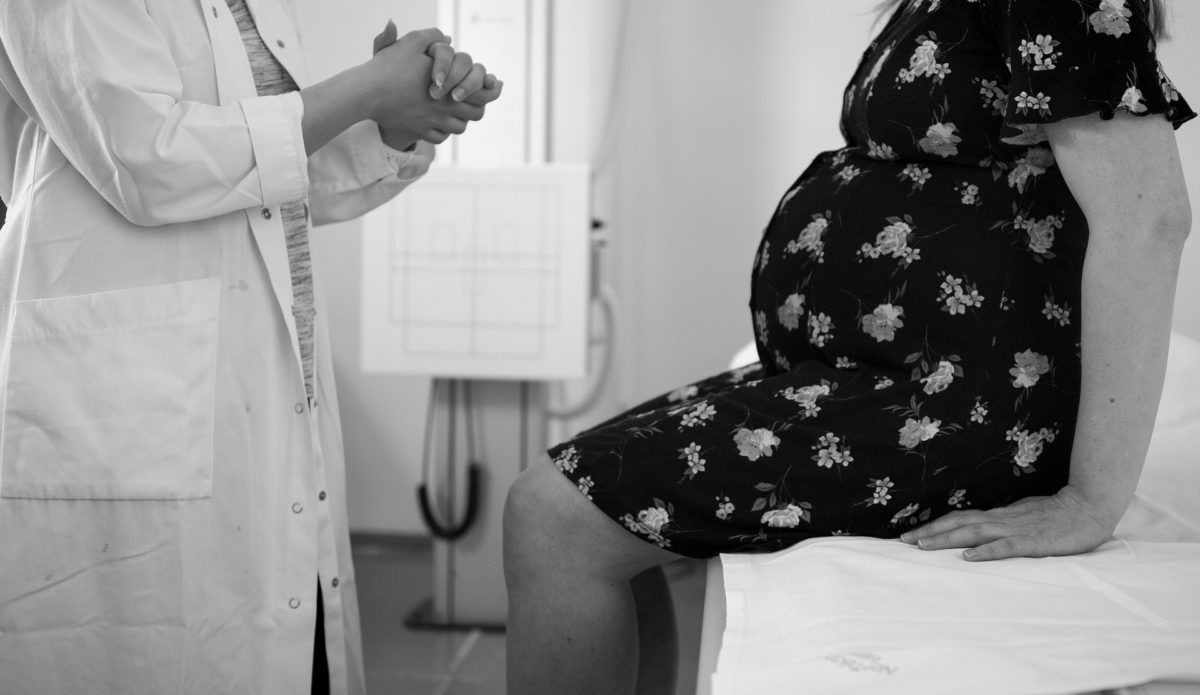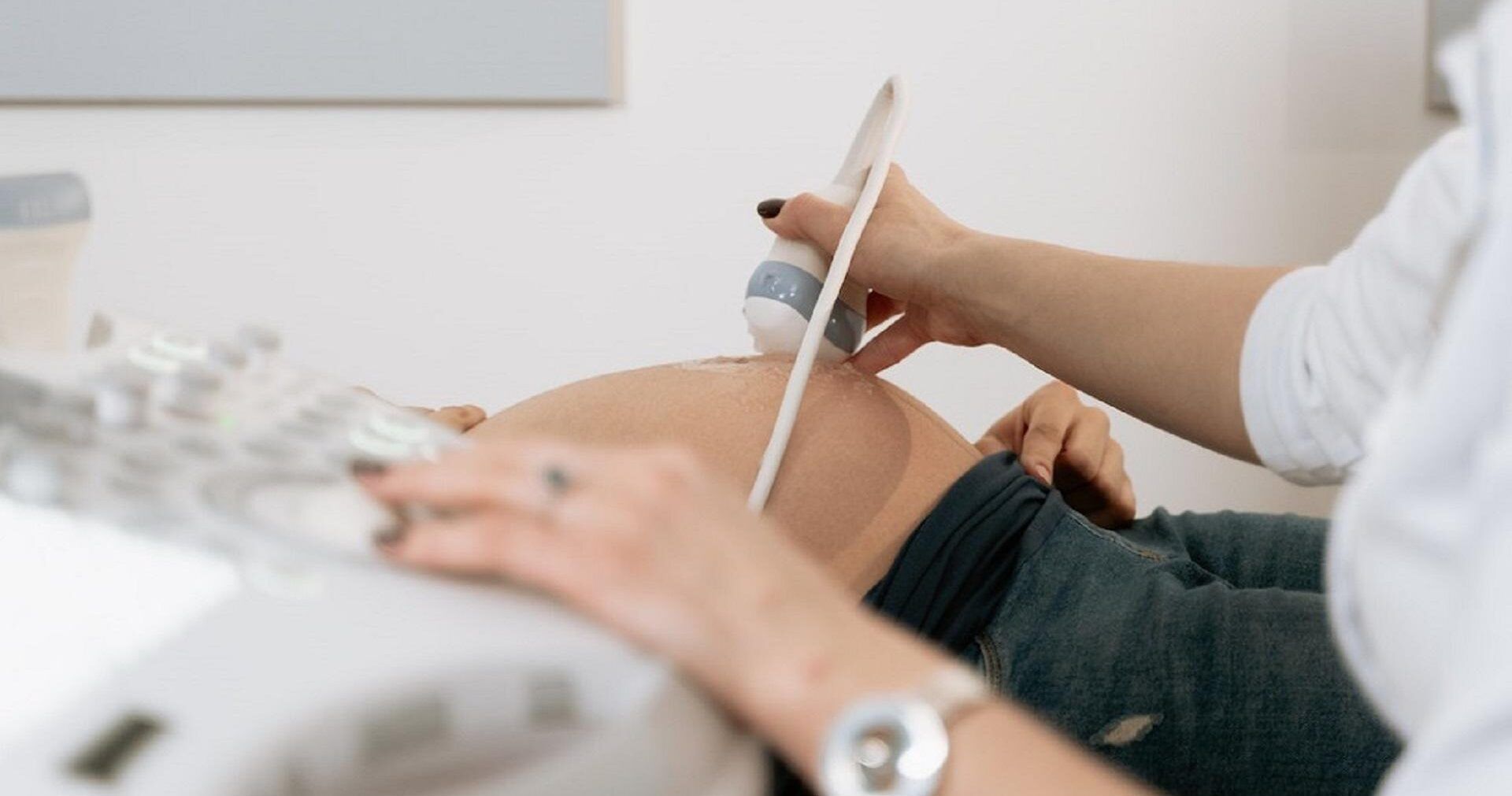Understanding pregnancy: Accelerating the development of new therapies for pregnancy-specific conditions
During pregnancy, women and pregnant individuals who do not identify as women* can develop a range of pregnancy-specific conditions, such as preeclampsia and gestational diabetes, that can adversely affect both their own health and that of the developing foetus during the pregnancy. These conditions can affect the lifelong health of both mother and child. Despite the danger that these conditions present to mother and baby, there are few approved, safe and effective medicines to treat them, and limited investment in novel therapy development.
To map out key barriers and potential enablers of preclinical research and experimental medicine to support the development of new medicines for pregnancy-specific conditions, the Academy of Medical Sciences, Birmingham Health Partners, and Concept Foundation organised a multi-sectoral FORUM workshop in September 2023. People with lived experience joined representatives from academia, the commercial sector, clinical practice (including doctors and midwives), regulatory authorities, funding bodies, charities, and patient advocacy groups at the meeting.
The result of this workshop is a new report – Understanding pregnancy: Accelerating the development of new therapies for pregnancy-specific conditions – which highlights the need to raise awareness of the importance of research in pregnancy, and give women opportunities to participate.
> Understanding pregnancy: Accelerating the development of new therapies for pregnancy-specific conditions – view and download the report here
This work builds upon the BHP-led Pregnancy Policy Commission which in 2022 published its Healthy Mum, Healthy Baby, Healthy Future: The Case for UK Leadership in the Development of Safe, Effective and Accessible Medicines for Use in Pregnancy report, proposing a clear roadmap to improve the lives of millions of people, not just for women while they are pregnant, but for future generations.
Professor Peter Brocklehurst, Emeritus Professor at BHP founder member the University of Birmingham, commented: “We need to better understand the biological mechanisms of pregnancy-specific conditions so that we can develop therapies that target these processes. To do this, we need more health data and biological samples from women with those conditions.”
Forum participants identified the following six priority areas for next steps:
-
- A cross-sectoral and cross-speciality network or coalition, including women with lived experience, to provide a platform for collaboration and to coordinate efforts to promote the development of new medicines for pregnancy-specific conditions.
- Additional interdisciplinary research and cross-sector collaboration to address key knowledge gaps (including the biology of the placenta, of the early stages of pregnancy, and of pregnancy-specific conditions), to enable appropriate use of animal models and physiologically based pharmacokinetic (PBPK) modelling, and to leverage routinely collected health data and patient samples.
- The establishment of a more enabling environment for research in pregnancy, for example through development of a stronger research base and a more supportive regulatory environment.
- Greater engagement with women to raise awareness of the importance of research into pregnancy and of opportunities to participate in this research, including when women contact the healthcare system.
- Education and training of healthcare professionals, including midwives, to promote research in pregnancy.
- Advocacy to secure greater prioritisation of research in pregnancy (and women’s health more generally) by policymakers, funders, and higher education institutions.
The workshop was chaired by Professor Peter Brocklehurst FMedSci, Emeritus Professor of Women’s Health at the University of Birmingham, and Dr Pauline Williams CBE FMedSci, an independent pharmaceutical medicine consultant and former Senior Vice-President and Head of Global Health R&D at GlaxoSmithKline.
* The Academy acknowledges that not all pregnant people identify as women. While the terms ‘woman’ and ‘mother’ are used here, many of the learnings from the workshop about obstetric/pregnancy-specific conditions are expected to be widely applicable. It is recognised that there will be specific experiences and challenges associated with obstetric conditions among pregnant individuals who do not identify as women that were not explored at the workshop given the lack of specific research in this area.






